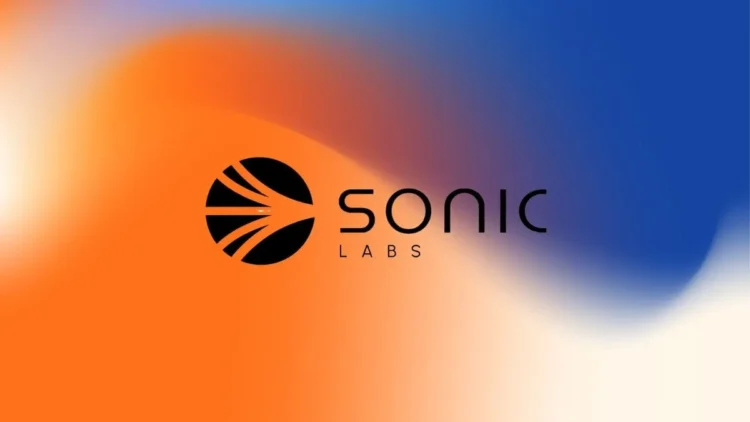Quick Breakdown:
- Sonic Labs wins near-unanimous approval to issue $200M in S tokens for U.S. market expansion.
- The allocation includes a Nasdaq PIPE vehicle, a token-backed ETP, and a new Sonic USA entity in New York.
- Gas fee adjustments and increased token burns aim to offset issuance and support long-term value.
Sonic Labs, developer of the Sonic layer-1 blockchain, has won near-unanimous approval from its community to issue $200 million worth of its native S tokens, paving the way for a bold expansion into U.S. capital markets.
The governance proposal, first published on August 20, received 99.99% support from 105 wallets holding a combined 700 million S tokens, easily surpassing quorum requirements. The move marks one of Sonic’s largest community-led financing initiatives to date.
The move marks a strategic push into U.S. capital markets, including the creation of a Nasdaq-listed investment vehicle and an exchange-traded product (ETP).
S????????nic is coming.
Governance passed. Stay tuned. pic.twitter.com/3t3cRFze1u
— Sonic (@SonicLabs) August 31, 2025
$200M Allocation for Wall Street Expansion
Under the plan, Sonic will allocate $100 million in S tokens to build a strategic reserve for a Nasdaq PIPE (Private Investment in Public Equity) structure. Another $50 million will support an S token-backed ETP to be launched with a regulated ETF provider managing more than $10 billion in assets. BitGo will handle custody for the fund, the company said.
Additionally, Sonic will establish a new entity, Sonic USA LLC, and deploy 150 million S tokens (approximately $47.7 million) to bootstrap its operations. The firm intends to hire a U.S.-based CEO and team in New York to drive its Wall Street ambitions while increasing regulatory engagement in Washington, DC.
Tokenomics Adjustment and Market Impact
To balance the additional issuance, Sonic plans to modify its gas fee mechanism, diverting a greater share of transaction fees toward token burns. The strategy is designed to reduce net inflation and apply long-term deflationary pressure on S’s circulating supply.
Despite the bold pivot, the S token has struggled since its January launch, falling nearly 69% from its peak, according to CoinGecko data. Sonic’s leadership argues that bridging traditional finance with blockchain-native models could help reposition the project in a crowded market.
“This approach allows Sonic to compete directly with traditional finance through ETFs and PIPEs without undermining token holders,”
the company noted in its proposal.
If you would like to read more articles like this, visit DeFi Planet and follow us on Twitter, LinkedIn, Facebook, Instagram, and CoinMarketCap Community.
Take control of your crypto portfolio with MARKETS PRO, DeFi Planet’s suite of analytics tools.”





















